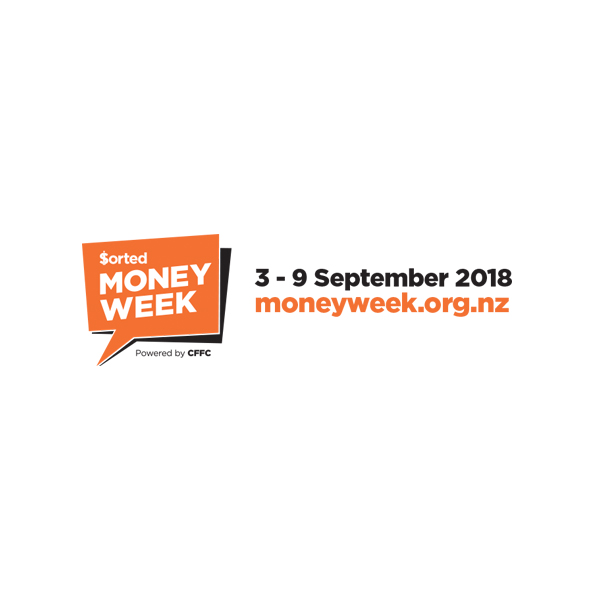This week, one of our Upskills tutors, Hazel Balderston, writes about why financial literacy is so important in celebration of Money Week, which is coming up next week from 3-9 September. Find out why implementing workplace training that incorporates financial literacy is so effective.

As an employer, perhaps the greatest impact you can have on your people’s lives is helping them learn financial literacy.
Not to mention the impact it will have on your bottom line.
I’ve seen hundreds of lives changed by the empowerment that even a basic understanding of finance brings. But don’t just take it from me—a recent study from Manulife found that financially unprepared employees are:
- 80% more likely to be living from paycheck to paycheck
- 67% more likely to be worried about money for emergencies
- 44% less likely to have a plan for their retirement and
- 65% more likely to be stressed about their financial situation
Employees who aren’t financially educated aren’t bringing their best to work. They’re worried, distracted, and often experiencing crises that will impact their performance at work. But what about the other way around? Manulife has also found that employees who felt comfortable with their finances were:
- 22% more engaged at work and
- 18% more likely to describe themselves as motivated at work
The way to get the best out of your staff is by helping them become financially literate—it just makes sense for your bottom line. One the one hand, you could have a distracted, unproductive worker who is missing days and asking for their pay in advance, or on the other, you could have a happy, productive worker who is thriving personally.
It also makes sense on a human level. Because we deal with money every day, it’s a huge source of stress. When you’ve got it sorted, you have a great sense of agency in your life. Investing in financial literacy for your staff is a reasonably insignificant cost, given the magnitude of its impact on lives.
I still remember when one of my ex-students first came to me and declared that he’d bought a house! After participating in an Upskills workplace literacy programme, he’d gone home and discussed the steps with his wife. They put them into practice, and along with a bit of discipline and patience, they were able to turn their situation around and purchase their first home. Financial literacy training goes beyond the person in the room – they take it back to their partners, their children, their wider whanau, and their communities.
Many people are scared of the words ‘financial literacy’ because it brings connotations of complex formulas and daunting maths. That couldn’t be further from the truth—it’s simply about understanding the numbers behind everyday life, which could be as simple as realising the impact of putting aside $10 per week in savings.
Often a workplace literacy programme includes a financial literacy component, so it’s an effective way to embed money management tools into a wider funded programme. This Money Week, get in touch to start on your workplace literacy and numeracy training journey.






